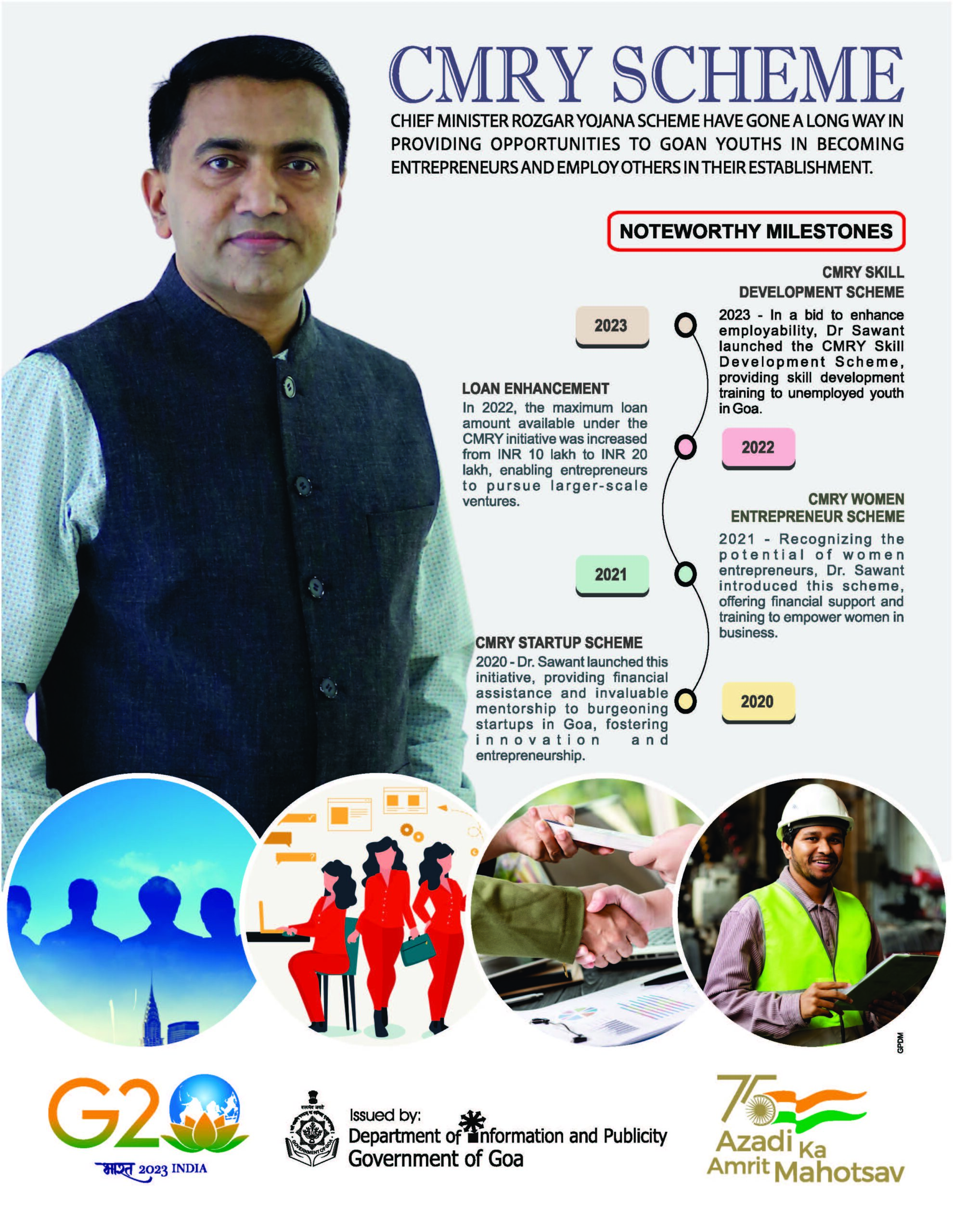Chennai: In a shocking revelation in the Mary Rajasekaran sexual harassment case by Father Xavier Alphonse, Loyola College Chennai told the victim not to approach the Tamil Nadu police to file a complaint against sexual harassment she faced while in the college as Administrator of the Office of the Alumni Association.
In her petition affidavit in the Madras High Court, Mary Rajasekaran, states, “I further submit that inspite of this I was continuously harassed by the said Rev.Fr. Xavier Alphonse SJ, over telephone as well as in person at my office in the College campus and whenever I brought these to the knowledge of the management including the Rector of Loyola College Chennai herein I was dissuaded by them from pursuing any action against the said Rev.Fr. Xavier Alphonse SJ, including lodging of Police Complaint, by stating that name and goodwill painstakingly earned by the Loyola College Institution will be sullied if the matter is made public. They also informed me that steps are being taken to transfer Rev.Fr. Xavier Alphonse SJ, to some other institution by the management and I was asked to wait till then.”
According to the petition affidavit in the Madras High Court there is clear attempt on the Loyola College to prevent the matter of sexual harassment at workplace reaching the Tamil Nadu police authorities.
More so, not a single Internal Complaints Committee was setup by the Loyola College Chennai on this case under the guidelines stipulated by the University Grants Commission (UGC).
The Sexual Harassment of Women in Higher Education Institution (HEI) is prohibited by the University Grants Commission (Prevention, Prohibition and Redressal) Act, 1956, along with The Sexual Harassment of Women at the Workplace (Prevention, Prohibition and Redressal) Act, 2013.
The act acts on all HEIs Campuses which includes all facilities such as Libraries, Laboratories, Lecture Halls, Residence Halls, Toilets, Hostels, Dining Halls, Canteens, Parking Area and Parks. The Act also covers within its scope ‘Extended Campus’ such as transportation provided the purpose of commuting to and from the institution, and locations outside the institutions such as sports meets, cultural fests etc. where the employee or student of the HEI is participating.





